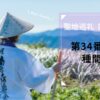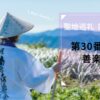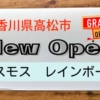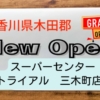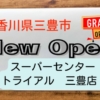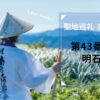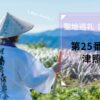【Japan tourism】Shikoku 88 temple pilgrimage trip [No.32] Hatiyouzan Gumonjiin Zenbumineji
Zenbumineji is known locally as “mineji" or “minenji". Standing on a small mountain overlooking the Pacific Ocean, you can overlook Tosa Bay from the precincts.
Zenbumineji
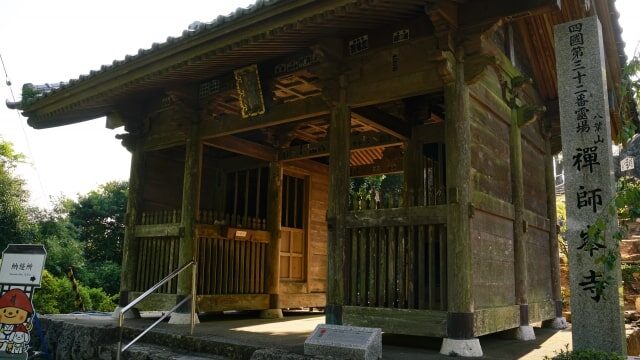
| Principal image | Eleven-faced Kannon Bodhisattva |
| Honzon mantra | On maka kyaronikya sowaka |
| Denomination | Shingon Buddhism Buzan sect |
Place
Temple lodging: none
Phone:088-865-8430
〒783-0085
3084 Toichi, Nankoku City, Kochi Prefecture
Gosyuin(red stamp)
Please wait a moment until the image is uploaded.
History
It is said to have originated when Gyoki, a high priest in the Nara period, built a hall to pray for the safety of ships sailing off the coast of Tosa at the request of Emperor Shomu.
During the Edo period, successive feudal lords prayed to the Kannon of this temple for the safety of their voyages when they set sail. The principal image of worship is also called “Funadama no Kannon" and is strongly worshiped by fishermen.
In 807 (Daido 2), Kobo Daishi visited and felt that it was a sacred place similar to Mt. Fudaraku where Kannon Bodhisattva lives. Kobo Daishi practiced Kokuzo Gumonjiho, carved an eleven-faced Kannon Bodhisattva statue and named it Zenjibuji Temple. Zenji is a word that means a practitioner. Because the shape of the mountain resembled the eight-leaf lotus stand, the name of the mountain was called “Mt. Hachiyo".
Highlight
【temple treasure】 The temple bell of 1308 (Tokuji 3) and the Waniguchi of 1570 (Eiroku 13) are both cultural properties designated by Kochi Prefecture.
【Kongorikishi statue】The statue of Kongo Rikishi at the Niomon Gate was created by Jomyō, and is said to have been made in the Kamakura period, and is a nationally designated Important Cultural Property.
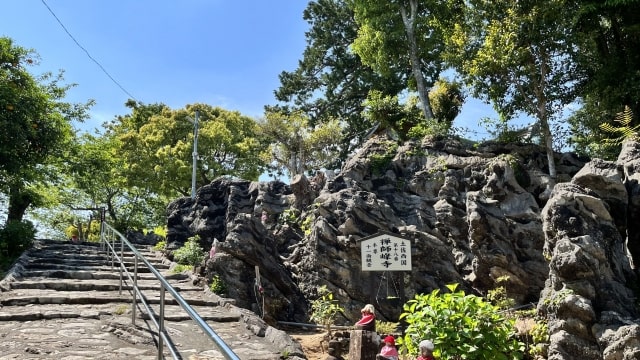
【approach to the shrine】There are many strange rocks in the precincts, and it is covered with trees. Many stone Buddhas are enshrined and flowers are offered at strange stones and rocks.
It is about 11 km (about 30 minutes by car) to the next temple, No. 33, “Sekkeiji"!
